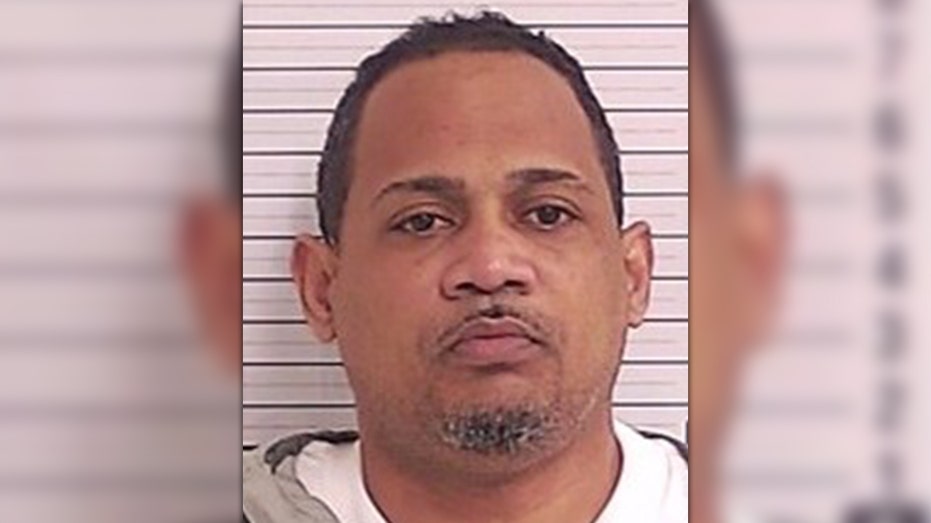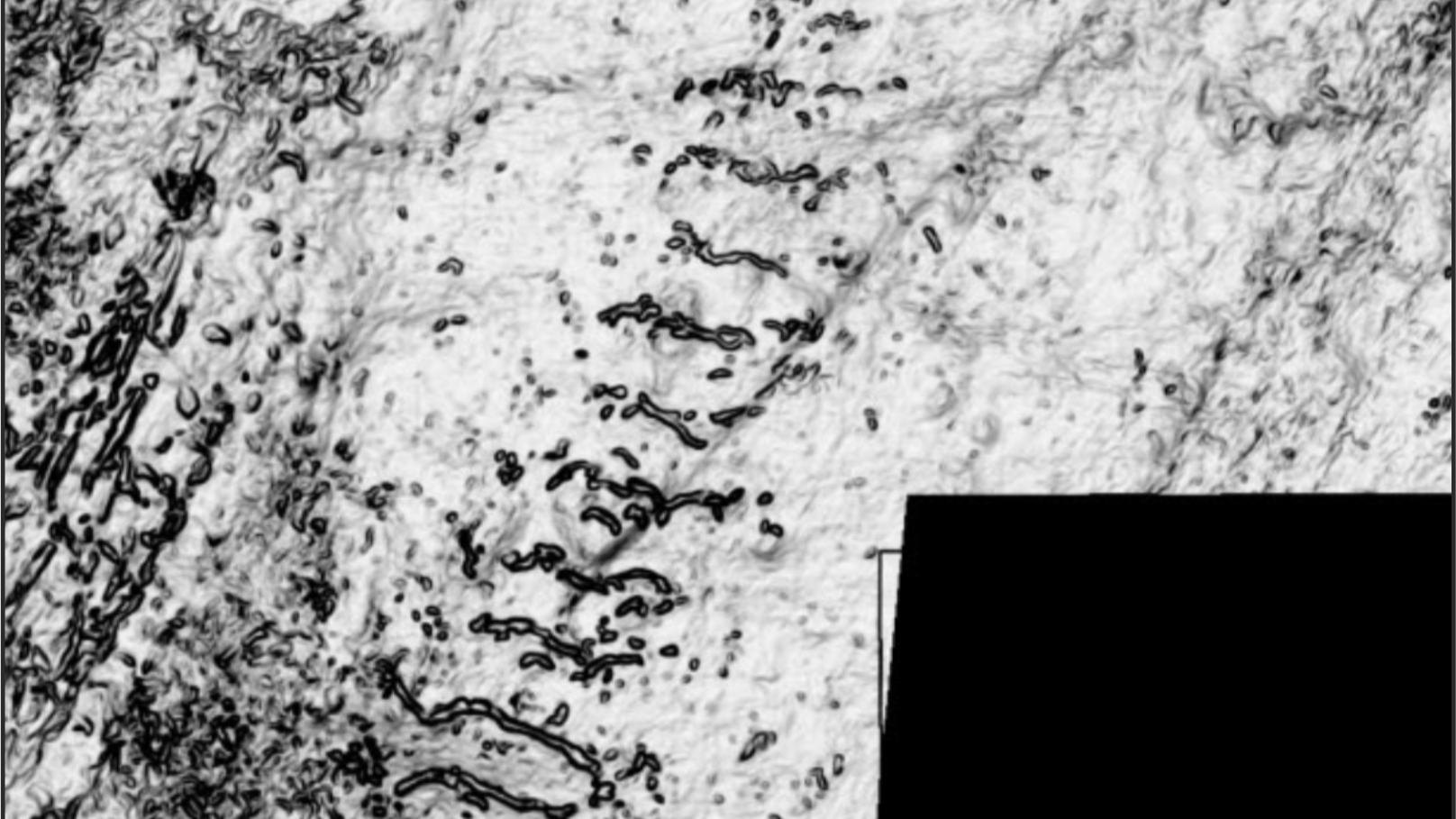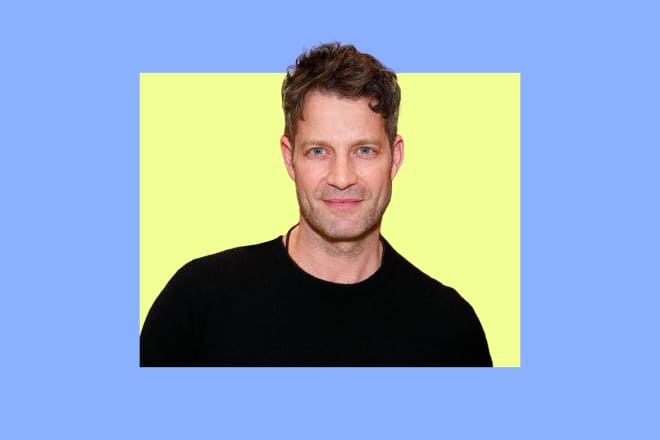Ibram Kendi moves from Boston University to Howard University
When Ibram X. Kendi (born Ibram Henry Rogers) was all the rage, and Boston University (BU) gave him his own Antiracist Research Center, I decided I’d better read his famous book, How To Be an Antiracist. I found the book’s popularity puzzling, as it was a not-too-coherent mélange of autobiography and questionable but authoritative Diktats … Continue reading Ibram Kendi moves from Boston University to Howard University

When Ibram X. Kendi (born Ibram Henry Rogers) was all the rage, and Boston University (BU) gave him his own Antiracist Research Center, I decided I’d better read his famous book, How To Be an Antiracist. I found the book’s popularity puzzling, as it was a not-too-coherent mélange of autobiography and questionable but authoritative Diktats about racism, which was that it was ubiquitous, a feature of all white people, and that any law or rule that wasn’t explicitly antiracist was racist. Further, if you are not actively involved in antiracist work, you are a racist. As the NYT wrote, quoting a sentence from the first edition of Kendi’s book:
“The only remedy to racist discrimination is antiracist discrimination,” Kendi wrote, in words that would be softened in a future edition after they became the subject of criticism. “The only remedy to past discrimination is present discrimination. The only remedy to present discrimination is future discrimination.” In other words, two wrongs do make a right.
Well, that was arguable, but in general I found that the book didn’t cohere, though of course its message resonated at the time, what with Black Lives Matter and all, and sold a gazillion copies. Kendi became the doyen of antiracism (his female counterpart was Robin DiAngelo), and Boston University set up a center run by Kendi, funded by $10 million from a donor, and, over the next three years, it got a further $43 million in grants and donations.
Given all this, I wasn’t too surprised to learn that, given the incoherence of his book—and I’ll admit that I haven’t read Stamped from the Beginning, which some of my friends like, and which won a National Book Award—BU’s Antiracist Research Center was not a success. It was dogged by accusations of mismanagement, and really never did anything. Nineteen employees of the Center (nearly half of its staff) were laid off and BU launched an investigation, which, although it found no issues of misuse of money, decided to hire a management consultant firm, whose recommendations led to a revamping of the center about a year ago. On this site I reported on a discussion of Kendi’s efficacy by John McWhorter and Glenn Loury, and said this (Loury was responding to McWhorter’s statement that he didn’t understand the joy that Kendi’s downfall was provoking):
Loury responds that yes, Schadenfreude is not a great emotion, but he feels that Kendi is an “empty suit”—a “little man behind the curtain”—who “doesn’t know anything.” Loury asserts it’s not really about Kendi, but the failure of the extreme antiracist extremists, like Black Lives Matter or the 1619 Project to make any progress.
I agree with Loury about the problems of an unequipped Kendi being made the symbol of a movement, and if you read his book How to be an Antiracist, you’ll see the intellectual vacuity of his ideas. McWhorter agrees that Kendi was chosen to be the symbol of that movement, and wasn’t equipped to lead it, but that’s no reason to be angry at him. In response, Loury asserts that the man is a fraud, and so he does show a bit of Schadenfreude, for Loury adds that Kendi is an “embarrassment and an absurdity.” Isn’t that Schadenfreude?
In response, McWhorter says that Kendi was thrust into a position for which he was not equipped, and it was not his fault that his Institute fell apart. (McWhorter says that what Boston University did in founding Kendi’s antiracist center “was an insult to black achievement.”) In other words, Loury blames Kendi for taking money and doing what he was unequipped to do, while McWhorter blames society and Boston University for thrusting Kendi into a job that was irresistible in order to do performative antiracism.
Now I learn from this tweet, followed by reporting (see below) that Kendi has left BU for Howard University, a historically black institution in Washington, D.C.
BU will just close Kendi’s center, which means he didn’t build anything lasting that could be handed on to others.
He says this move has been in the works for a while, but he only went to BU five years ago. It’s pretty clear he needed an exit after the scandal.
BU supposedly… https://t.co/IiADCHBr0a
— Steve McGuire (@sfmcguire79) January 30, 2025
You can read about Kendi’s move in many places, including BU Today, the Boston Globe, Axios, The National Review, and The Washington Post (I haven’t found a mention in the New York Times). The Center will close on June 30 when its charter expires, and Howard University has also given Kendi his own institute:
Kendi will start at Howard this summer as a history professor and director of the tentatively named Howard University Institute for Advanced Research, according to the university. He will also bring with him the Emancipator, a digital magazine focused on racial inequity that was founded with the Boston Globe but has since gone independent.
The new institute will research the African diaspora through the lens of racism, technology, climate change and a host of other subjects, said Howard Provost Anthony K. Wutoh, and bring on fellows for each academic year with projects they propose. The effort will be funded largely through donors, though Wutoh said the specifics are not yet finalized.
As to why Kendi is leaving BU, the only guesses are from the National Review, which indicts a lack of productivity of the Center and speculates that Trump’s new DEI initiative may have been responsible:
Despite the generous funds, only two new research papers [from the BU institute] had been produced by the time of the employee layoffs. The exact count of total research papers is unclear.
“Despite all the headwinds we faced as a new organization founded during the pandemic and the intense backlash over critical race theory, I am very proud of all we envisioned, all we created, all we learned, all we achieved—the community we built, the people we helped and inspired,” Kendi said in a statement Thursday.
“To all the faculty, staff, administrators, students, supporters, and Boston community members, I feel honored to have been able to do this work with you over the last five years,” he added. “I am departing for an opportunity I could not pass up, but what connected us at CAR remains, especially during this precarious time. Our commitment to building an equitable and just society.”
The center’s closure and Kendi’s departure come as President Donald Trump roots out diversity, equity, and inclusion practices within the federal government and threatens to do the same in the private sector if corporations and universities fail to abandon the leftist ideology.
Taking the hint from the Republican administration, universities are halting research projects and shuttering offices related to DEI, according to the Wall Street Journal. Public higher-education institutions are reversing course because they could lose federal funding if they continue maintaining their diversity and inclusion efforts.
I’m not sure about the involvement of Trump’s DEI plans here, but I do have a few remarks. First, I don’t feel any joy that Kendi is leaving BU, even if he was sort of deep-sixed for non-productivity. If McWhorter and Loury are correct, Kendi was simply unequipped to run a big institute. (As a side note, he also had stage 4 colon cancer, but appears to have survived it; and he did a lot of his work while waiting to see if he would be cured. That diagnosis is a huge burden to carry.) Kendi may, as they said, be good at helping with the “racial reckoning,” but appears to lack managerial skills (he’s only 42).
Second, I think that, in view of what happened at BU, Howard is making a mistake giving Kendi his own institute. As nearly everyone who’s studied the BU debacle admits, Kendi is unequipped to run a big institute. On the other hand, he’s published many books and shows no lack of scholarship, and his presence at Howard will undoubtedly be a magnet for students. In my view, they should have just made him a professor, but one without an institute to run. At any rate, we’ll see how the new Howard University Institute for Advanced Research will fare.
In the meantime, here’s Howard University’s welcome:
We are pleased to announce the appointment of Ibram X. Kendi, Ph.D., as the director of the newly established Howard University Institute for Advanced Study.
The institute will be dedicated to interdisciplinary study advancing research of importance to the global African… pic.twitter.com/BlJIJ1j6Vj
— Howard University (@HowardU) January 30, 2025


















![[DEALS] iScanner App: Lifetime Subscription (79% off) & Other Deals Up To 98% Off – Offers End Soon!](https://www.javacodegeeks.com/wp-content/uploads/2012/12/jcg-logo.jpg)

























































